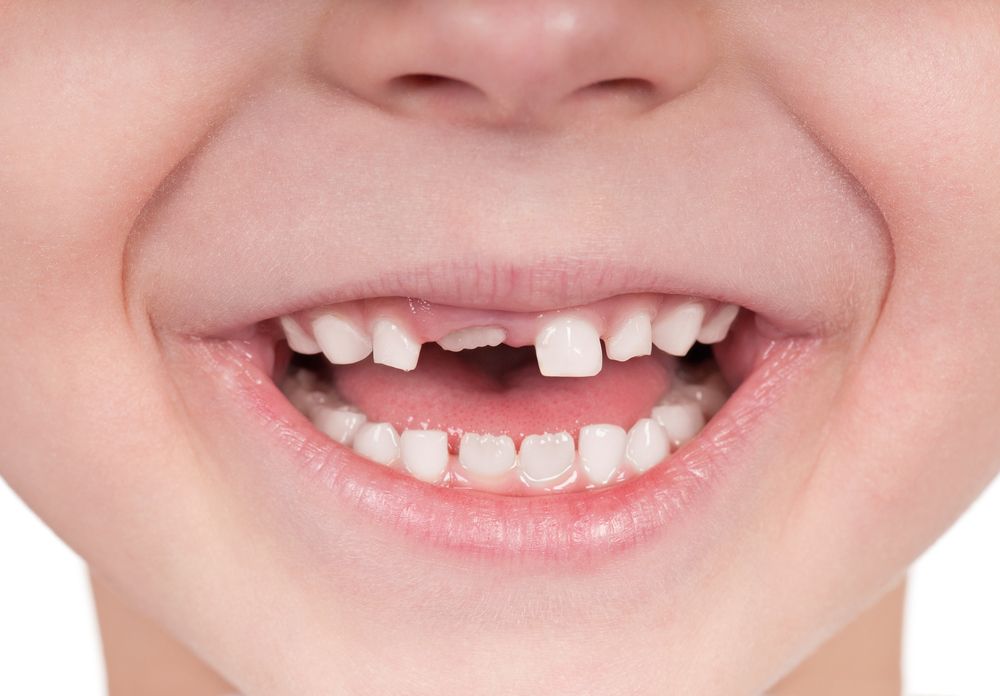Just like adults, children need to maintain their jaw health for overall well-being. A well-developed jaw can support proper bite alignment, improve speech, and reduce the risk of dental issues later in life. Encouraging good jaw habits and exercises from a young age can set the stage for healthy dental development. In this post, we’ll explore simple and enjoyable exercises to promote healthy jaw growth in children and offer tips for parents to encourage these habits.
Why Jaw Health is Important for Kids
A child’s jaw plays a crucial role in their dental development, affecting everything from the alignment of their teeth to their ability to chew and speak clearly. Healthy jaw development can prevent potential issues such as misaligned teeth, TMJ disorders, and difficulties with chewing or speaking. Engaging in jaw-strengthening exercises can help ensure that your child’s jaw grows and functions properly.
Fun and Simple Jaw Exercises for Children
- Chewing Gum Exercise
- How to Do It: Give your child sugar-free gum to chew for a few minutes each day. This simple exercise helps strengthen jaw muscles and promotes proper chewing habits.
- Duration: 5-10 minutes, 1-2 times per day.
- Puppet Mouth Exercise
- How to Do It: Have your child use their hands to create a puppet by placing their index fingers in the corners of their mouth. Ask them to open and close their puppet mouth while making fun faces and sounds.
- Repetitions: 5-10 minutes of playtime to enhance jaw movement and coordination.
- Blowing Bubbles
- How to Do It: Provide your child with a bubble wand and ask them to blow bubbles. This activity encourages controlled jaw movements and helps with oral muscle development.
- Duration: 5-10 minutes, a few times a week.
- Fish Face Challenge
- How to Do It: Ask your child to suck in their cheeks and lips to make a “fish face.” Hold the pose for 5 seconds before relaxing.
- Repetitions: Repeat 10 times to work out the muscles around their mouth and jaw.
- Sing-Along Sessions
- How to Do It: Encourage your child to sing their favorite songs out loud. Singing exercises the jaw muscles and helps with articulation and breath control.
- Duration: Incorporate into daily routines or playtime for 5-10 minutes.
- Jaw Stretching Exercise
- How to Do It: Have your child gently open their mouth wide as if yawning and hold the position for a few seconds before closing it.
- Repetitions: Perform 5-10 times to stretch and relax the jaw muscles.
Tips for Parents to Encourage Good Jaw Habits
- Make It Fun: Turn exercises into games or incorporate them into playtime. Using fun activities and rewards can make jaw exercises more enjoyable for your child.
- Lead by Example: Practice jaw exercises alongside your child. Kids are more likely to engage in activities if they see their parents participating.
- Create a Routine: Incorporate jaw exercises into your child’s daily routine. Consistency is key to ensuring they develop strong and healthy jaw muscles.
- Use Positive Reinforcement: Praise your child for participating in jaw exercises and celebrate their progress. Positive reinforcement can motivate them to continue practicing.
- Monitor Their Development: Keep an eye on your child’s jaw growth and development. If you notice any issues or concerns, consult with a pediatric dentist for professional advice.
Promoting healthy jaw development in children is an essential part of their overall dental care. By incorporating fun and simple jaw exercises into their daily routine, you can support their oral health and set the stage for a lifetime of good habits. Remember to make the exercises enjoyable and involve your child in the process to help them develop strong, healthy jaws.




